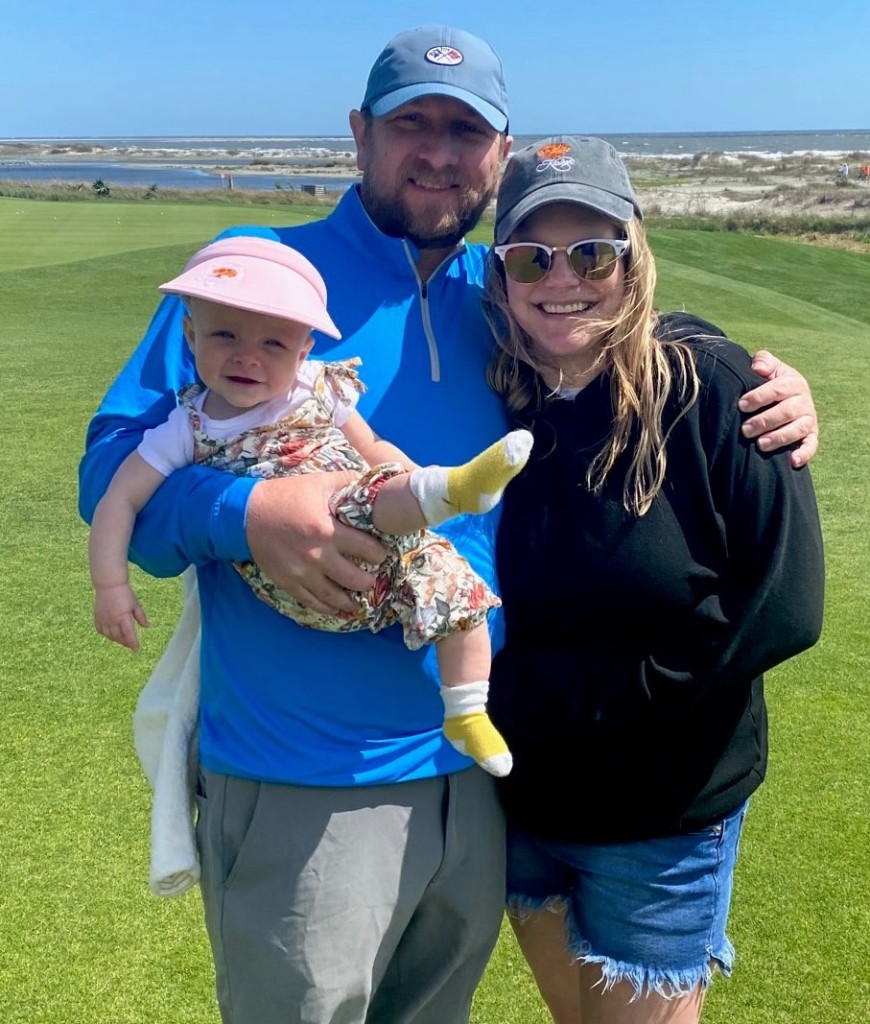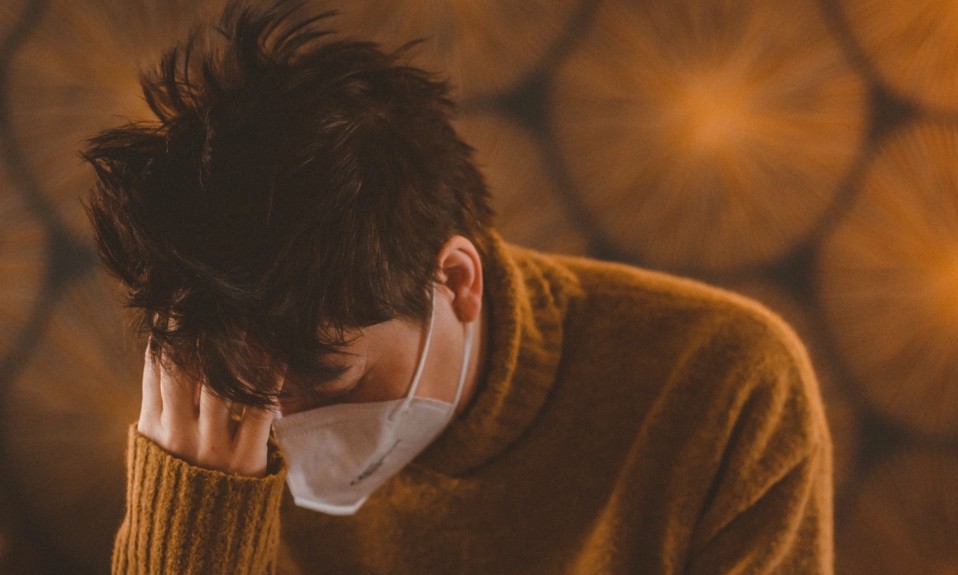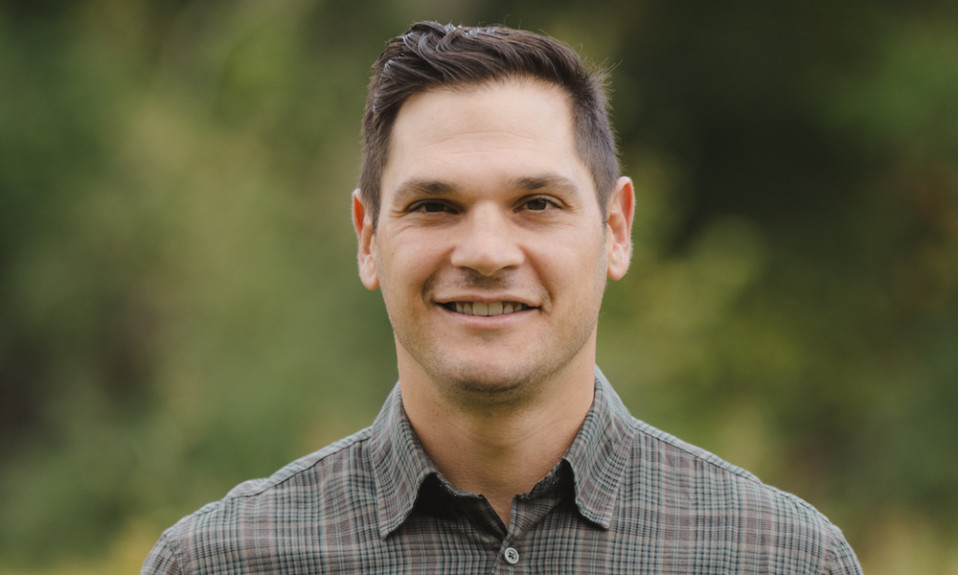Ashley Addiction’s Beau Malatesta shares the gifts of his sobriety
By Jennifer Taylor
When Beau Malatesta looks at his newborn daughter, not quite a year old, he is just beginning to understand what it is to be a father. It’s an education for both of them. She, taking in the world around her through his guidance, and he, learning the profound responsibility of caring for an innocent child.
But it was moments with his dad that swung from immense joy as an adolescent to deep struggles as a young adult that, at one time, risked Malatesta’s relationship with his own father. On this first Father’s Day for Malatesta, the director of alumni and development for the Maryland-based Ashley Addiction Treatment, he shares the wisdom he gained from his journey through addiction to recovery and sobriety.
Malatesta’s upbringing, by many standards, was ideal. He grew up in Wilmington, Del., in a great family—he’s the fourth child of five—and in October his parents will celebrate 55 years together.
“My childhood was amazing,” says Malatesta, 39.
“I had worked my whole life to achieve this goal. When I got there and it didn’t work out, it was earth-shattering.”
—Beau Malatesta, director of alumni and development, Ashley Addiction Treatment
Malatesta, who says he was “always the designated driver” in high school, admired his older brother, an athlete, and aspired to emulate him. He followed in those footsteps, playing soccer during high school, and he pursued the sport in college. But that dream came to an abrupt end when he was cut from the team.
“I had worked my whole life to achieve this goal,” he says. “When I got there and it didn’t work out, it was earth-shattering.” In fact, he says, he and his dad were both in tears. It was a traumatic experience that had a profound impact on him and his family.
At that point, Malatesta recalls, he had an option: continue to train and try out for the team the following spring. He took a different route, which was to start drinking and partying to numb the feelings of disappointment.
“That was kind of the big turning point for me,” he says. “You may think getting cut from the college soccer team shouldn’t be a trauma. But for me, it was. It was something that changed the trajectory of my life.”
And that’s when the drinking and drug use really took off. Malatesta smoked weed for the first time during his freshman year in college, and then started experimenting with opioids and benzodiazepines and drinking heavily. He describes his 20s as a roller coaster of positives and negatives.
“I would have a good job, and then I would get fired from that job for drug use,” he says. The reasons invariably stemmed from behaviors related to his addiction—showing up late to work, nodding off at his desk. He tried to stop countless times on his own, believing he could because of his good upbringing and athletic background.
“I like to say that I was given the gift of desperation. I had two trash bags with all my belongings. I was spiritually, physically and mentally bankrupt.”
“I was never able to stay sober for more than a few days after detoxing myself,” Malatesta says. “So, when I was 29 years old, my world became extremely small.”
Then it got worse.
Eventually, he wasn’t allowed at his parents’ house. He wasn’t allowed to see his niece and nephew. Friends who would let him crash on the couch were sick of it. Before he knew it, Malatesta was living on the streets. After a few nights of that, he called his mother and asked for help.
“I like to say that I was given the gift of desperation,” he says. He had no money. No health insurance. He sold his car for drugs, and his bank accounts were overdrawn. “I had two trash bags with all my belongings.”
That’s when he was introduced through a family friend to Ashley’s addiction treatment services, receiving a full scholarship. Malatesta has been sober ever since. While it wasn’t easy, he says it was better than battling the addiction alone. When he looks back on those early days in treatment, he describes himself as a broken person.
“I was spiritually, physically and mentally bankrupt,” he says. “I actually was 40 pounds underweight from malnourishment.”
Malatesta, who’s in his seventh year working with Ashley, attributes his success to the connections he made with others during his treatment, and to following the program in recovery. Ten years on from his low point, he’s married and the father of 9-month-old Ruby (pictured in the top photo with her dad). Professionally, his biggest joy now is helping other people in treatment at Ashley make those same connections, and awarding scholarships to others in need.
“The coolest part about what I do now is that I raise money for that scholarship fund that saved my life.”
“That’s very important, because people are just scratching the surface of treatment in the first 28 days,” he says. “We want to make sure they stay connected and build a network, so they have every opportunity to succeed in recovery.”
In 2019, Malatesta helped launch an alumni chapter that spans three meetings a day, seven days a week, and includes a virtual component. The sessions are “very, very well attended,” he says, adding, “The coolest part about what I do now is that I raise money for that scholarship fund that saved my life.”

Last year, Ashley awarded 150 full and partial scholarships, amounting to $2.7 million. Over the life of the organization, $60 million has been awarded to those in need.
When Malatesta looks back, he doesn’t recognize the person he once was from what seems like a lifetime ago.
“The addiction to drugs and alcohol had completely hijacked my brain,” he says.
His sobriety date is June 13. With Father’s Day always just a few days later, every year he gives his dad the coin that represents how many years he’s been sober.
“We always have a great conversation on that day,” Malatesta says. “He always remembers and always calls me and tells me how proud he is. It’s a relationship that I never thought I’d be able to have with my dad. And that’s a gift of sobriety.”
A large number of people who need addiction treatment can’t afford it. Readers who want to help can make a contribution to Ashley Addiction’s scholarship fund can do so by donating at ashleytreatment.org.














